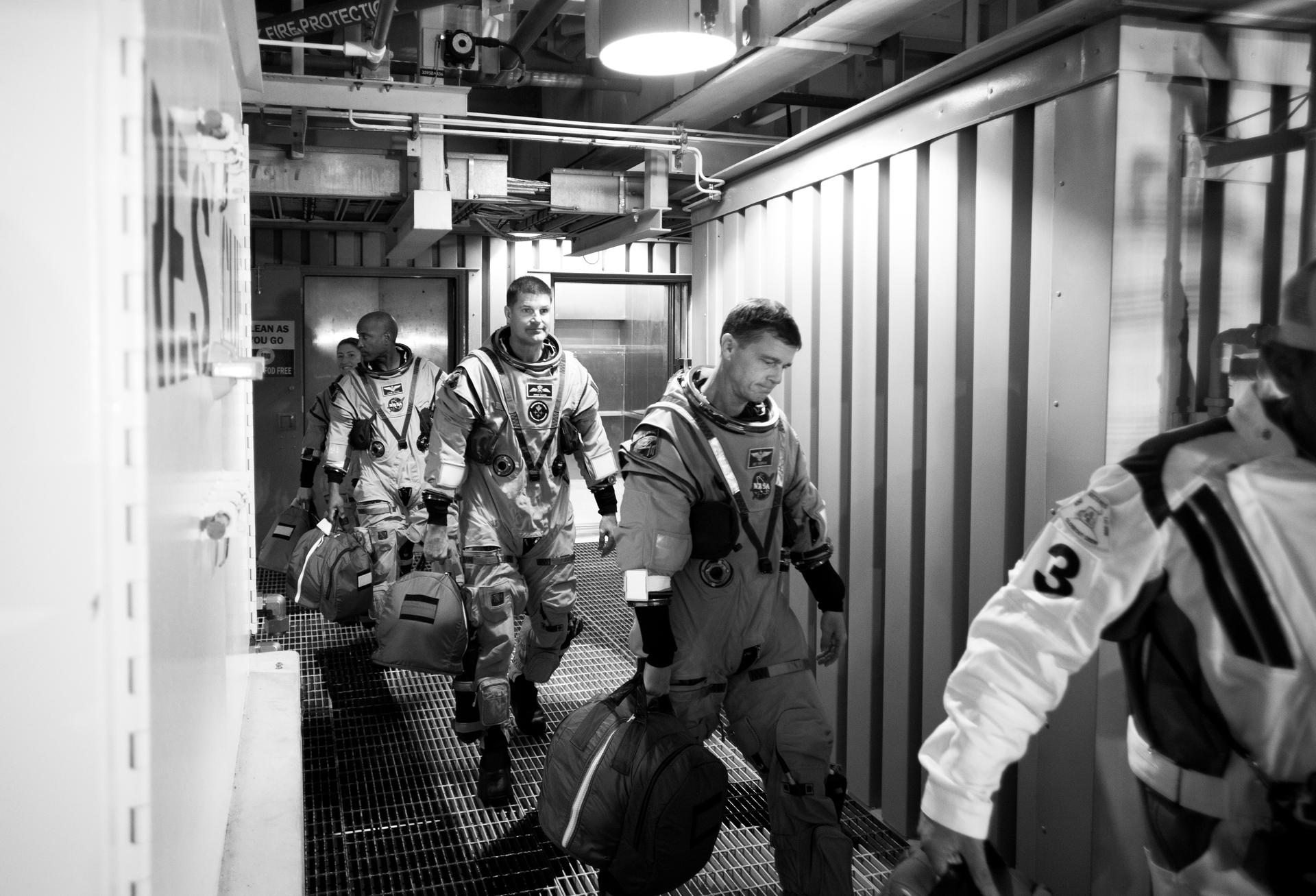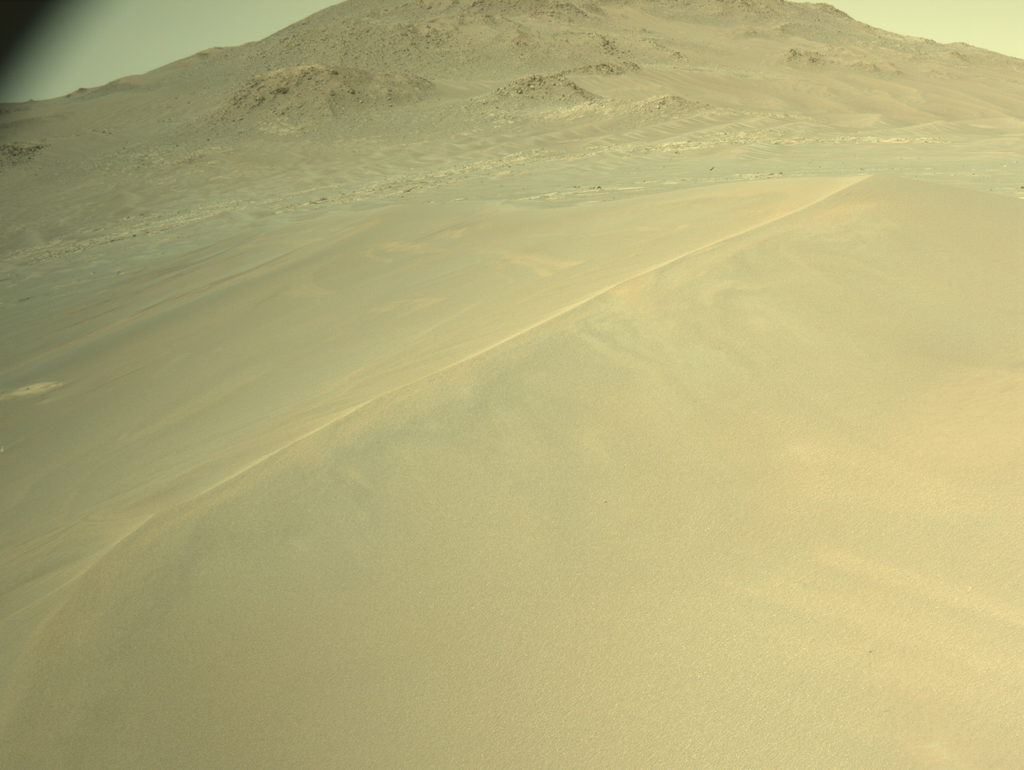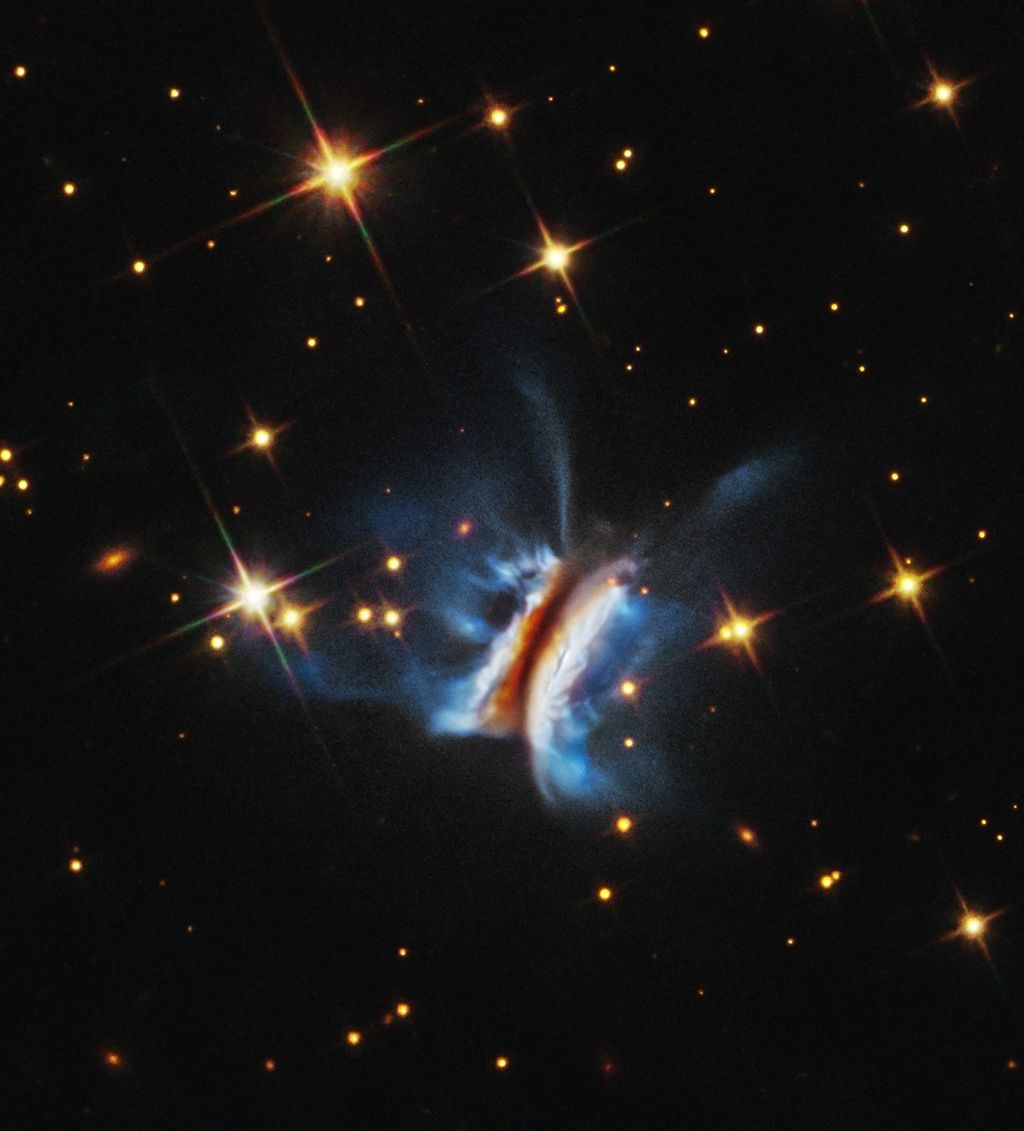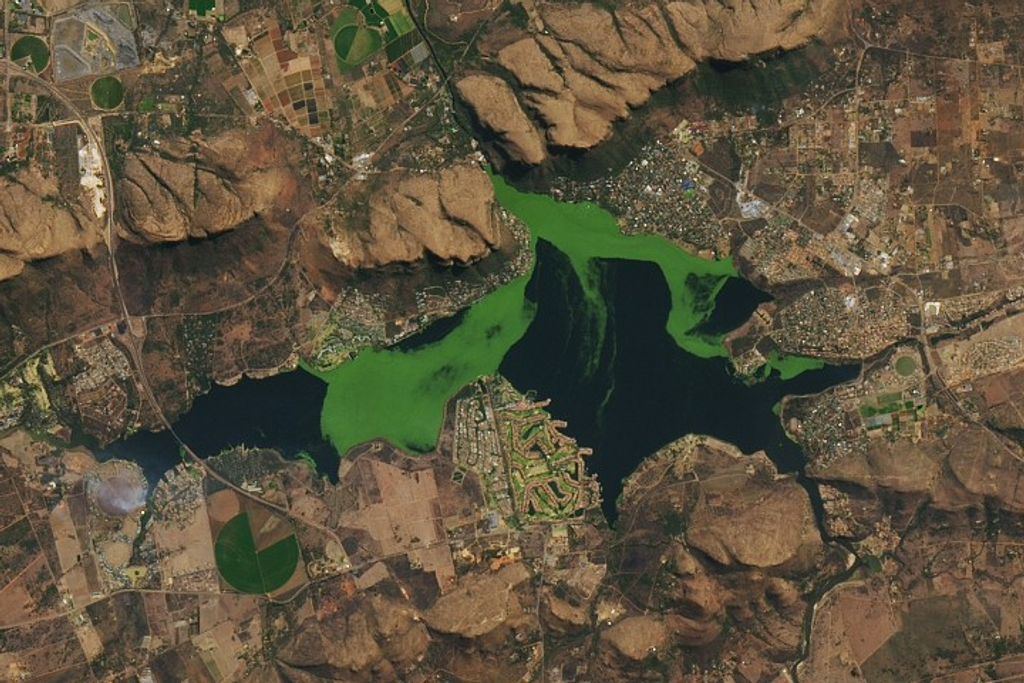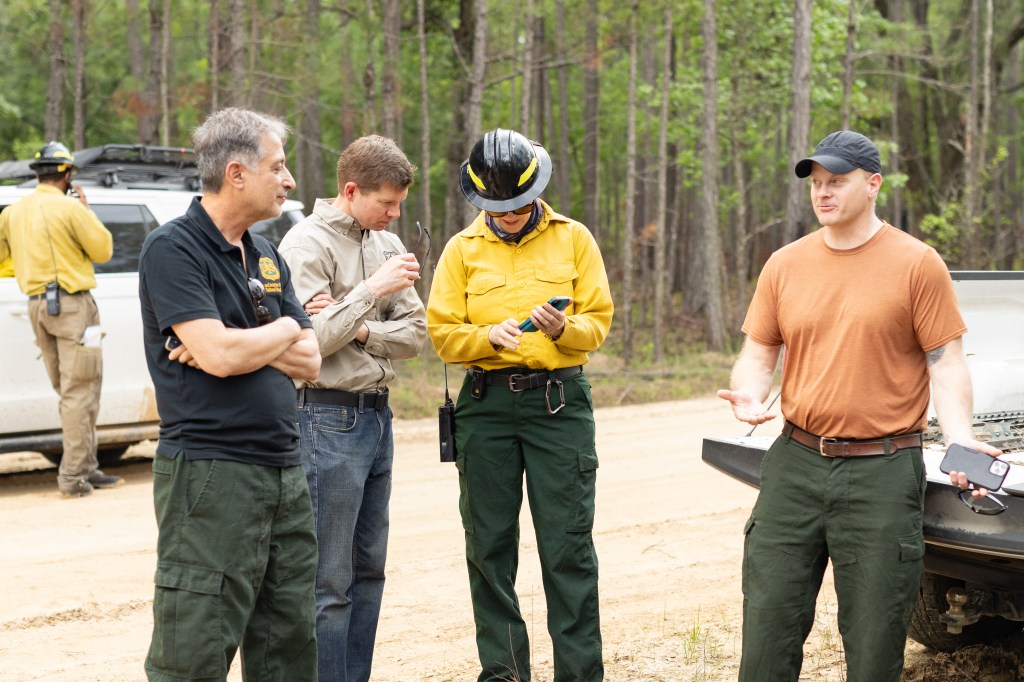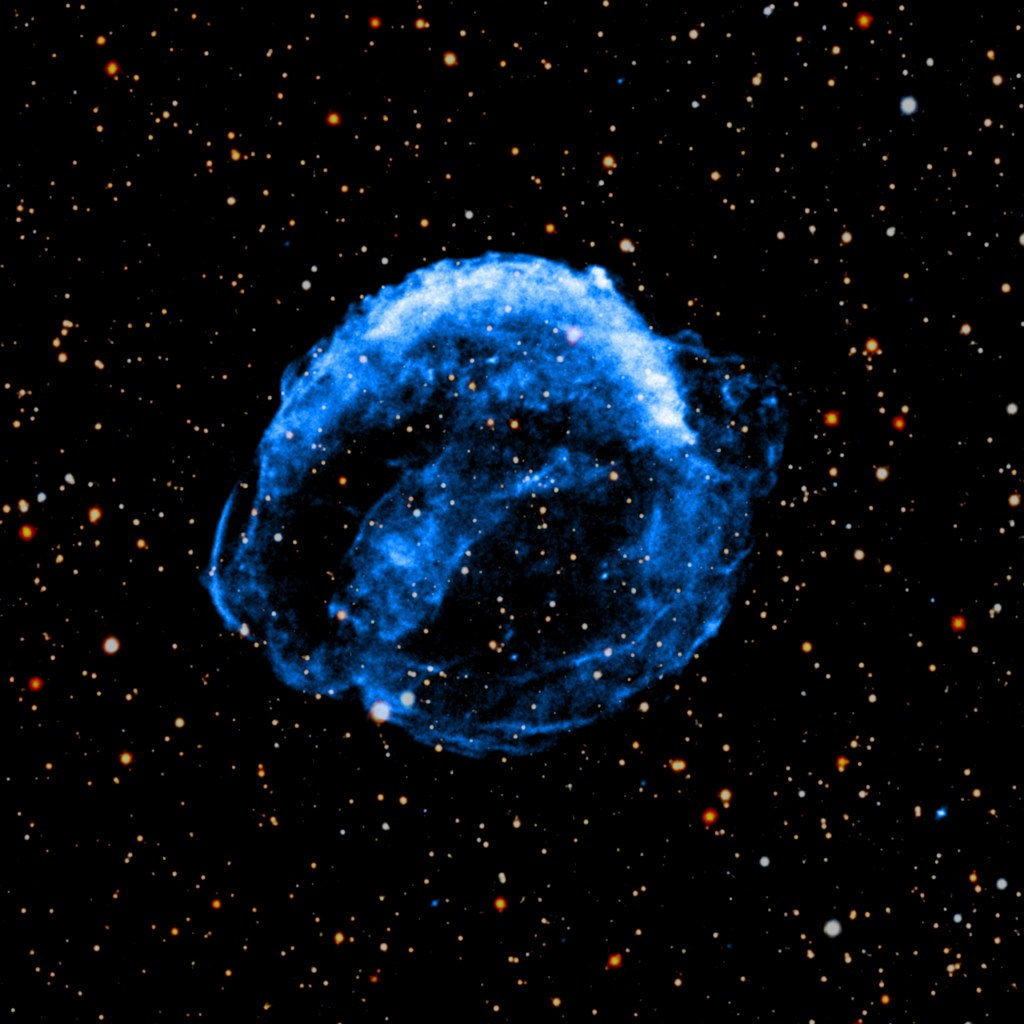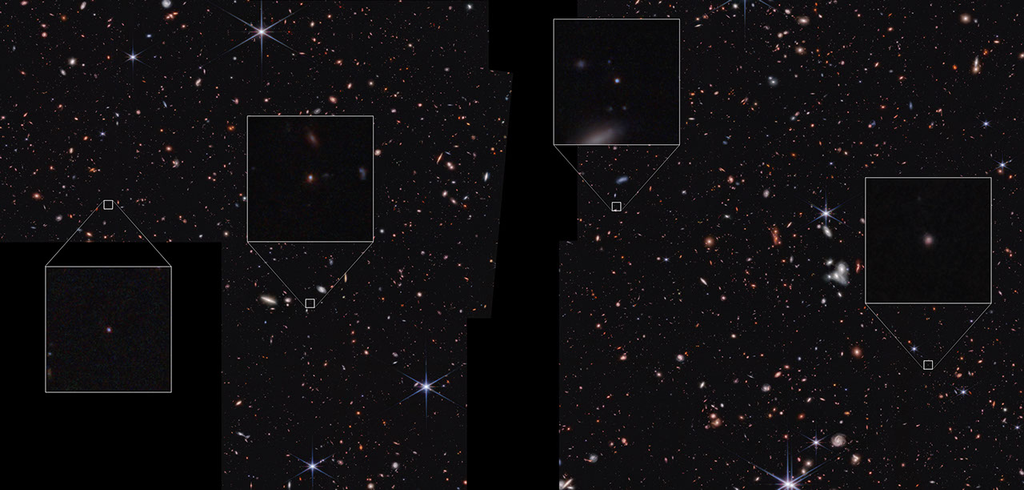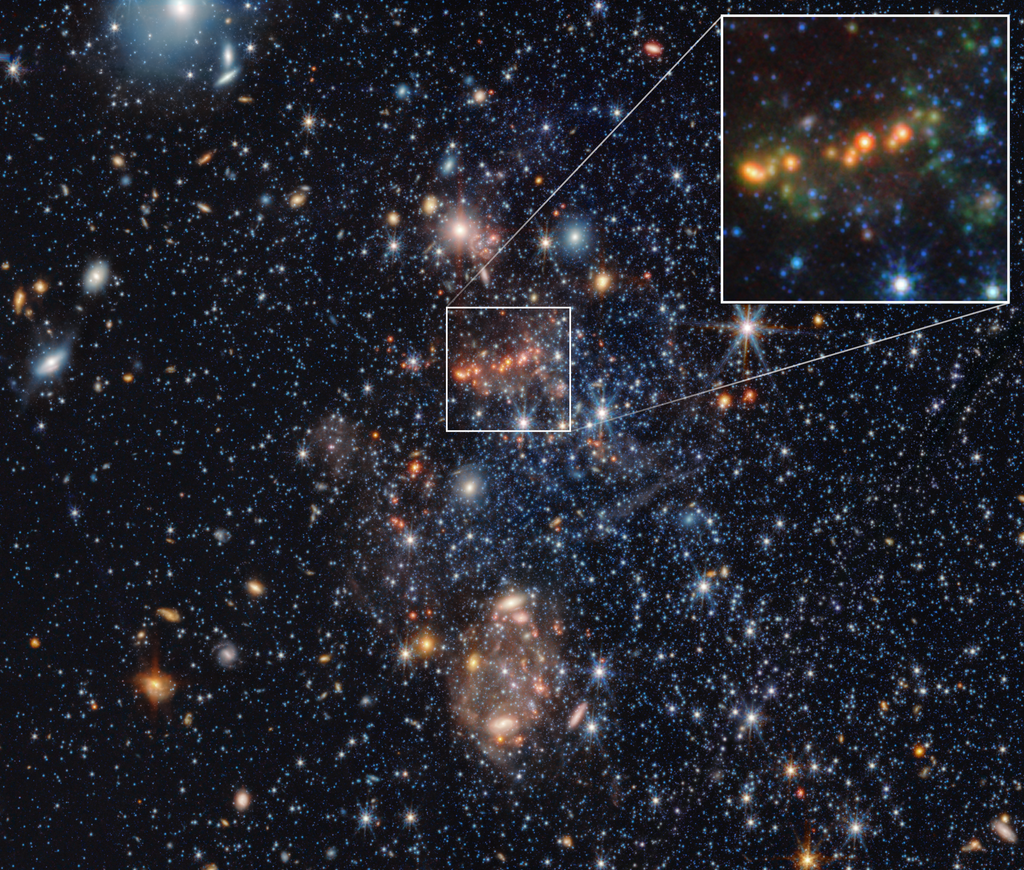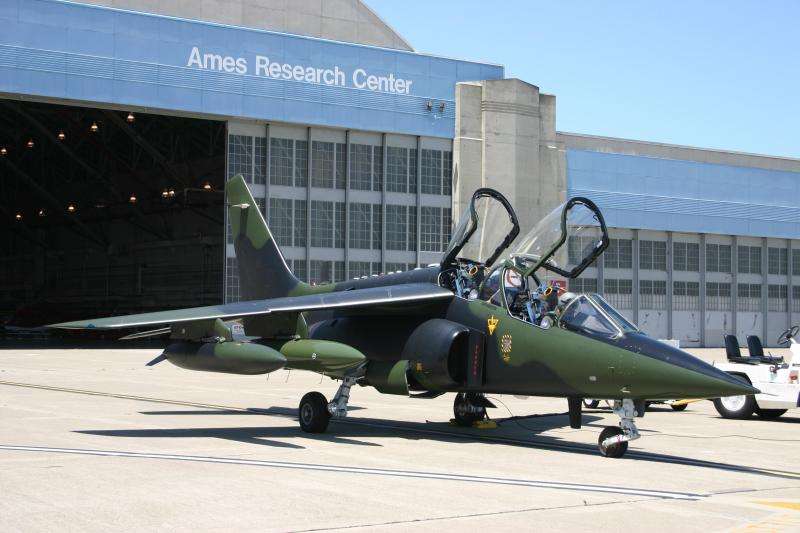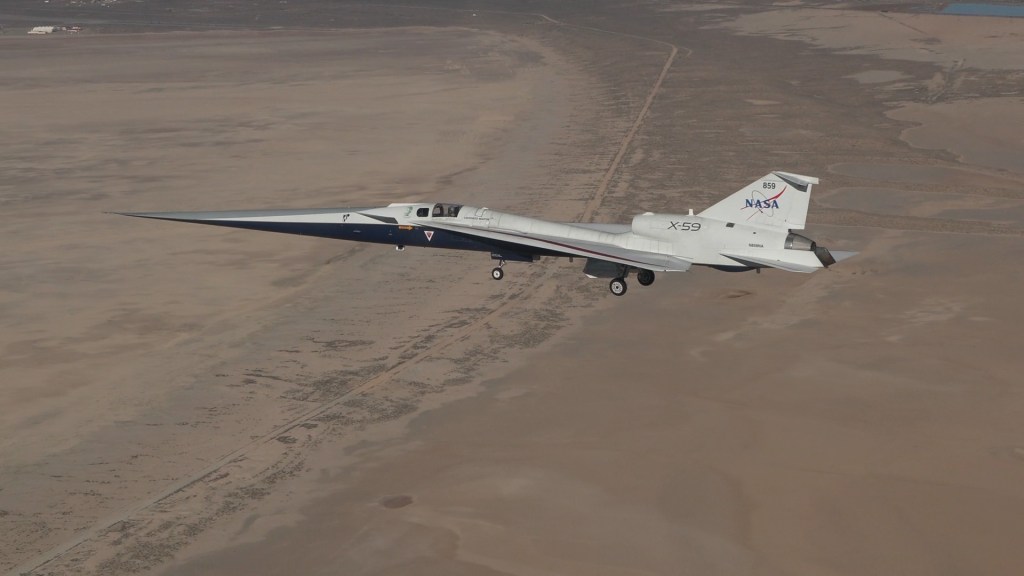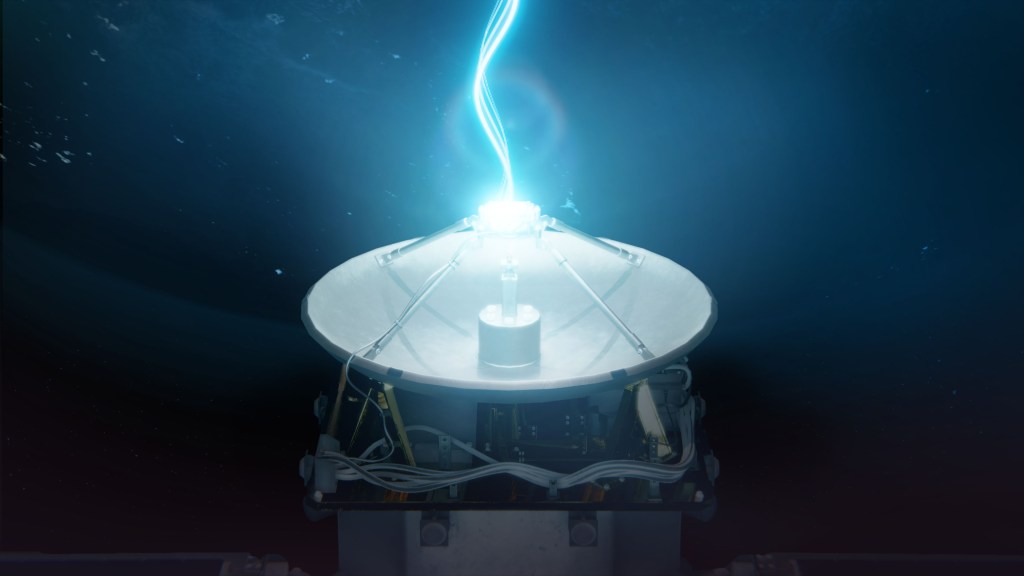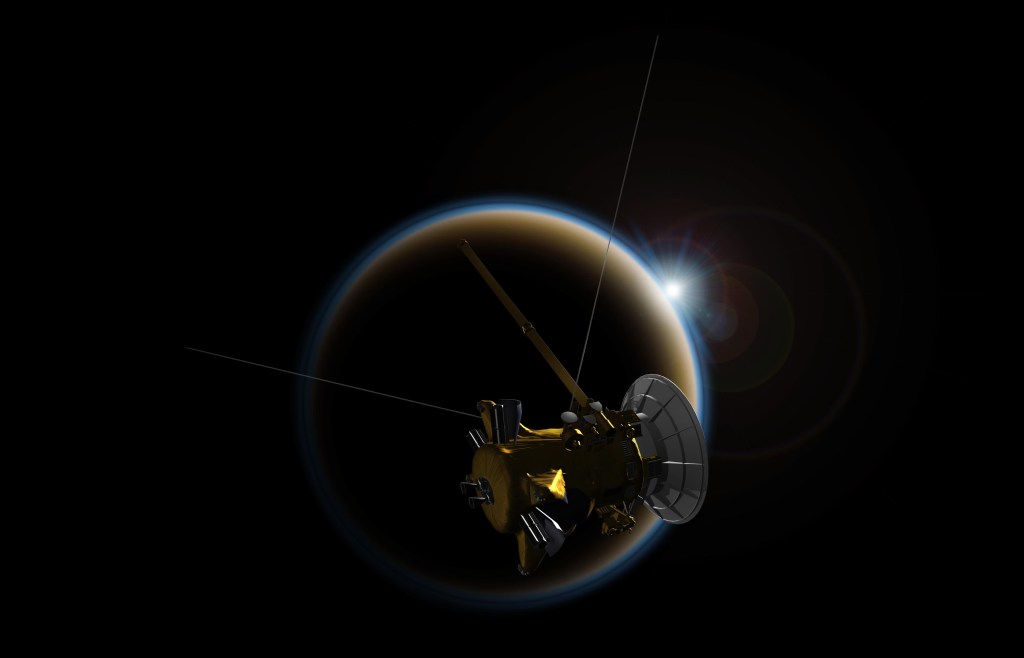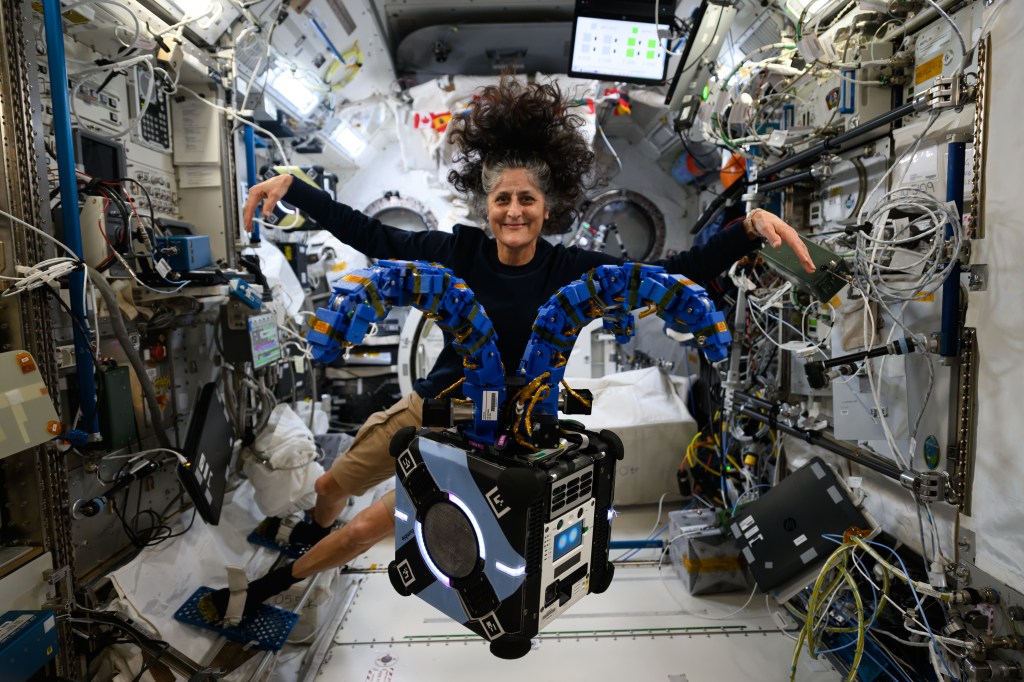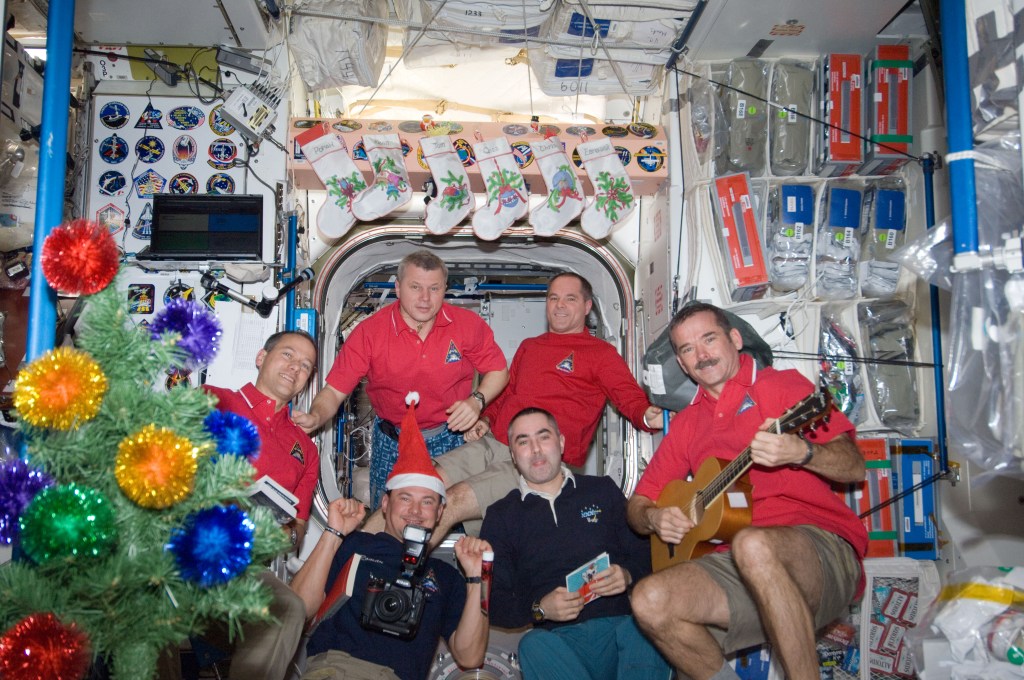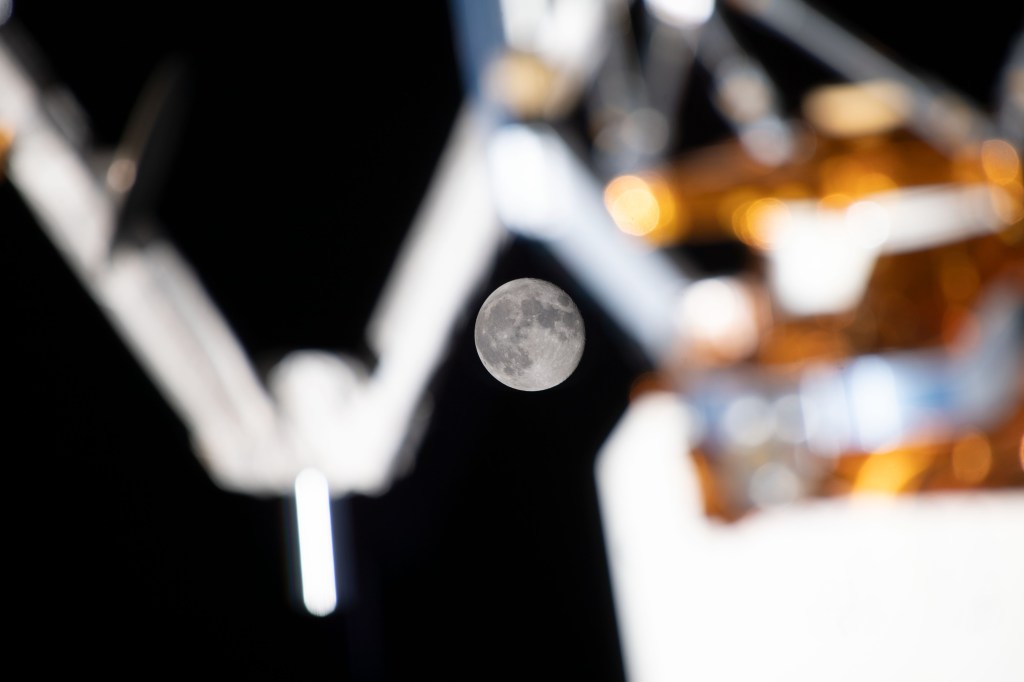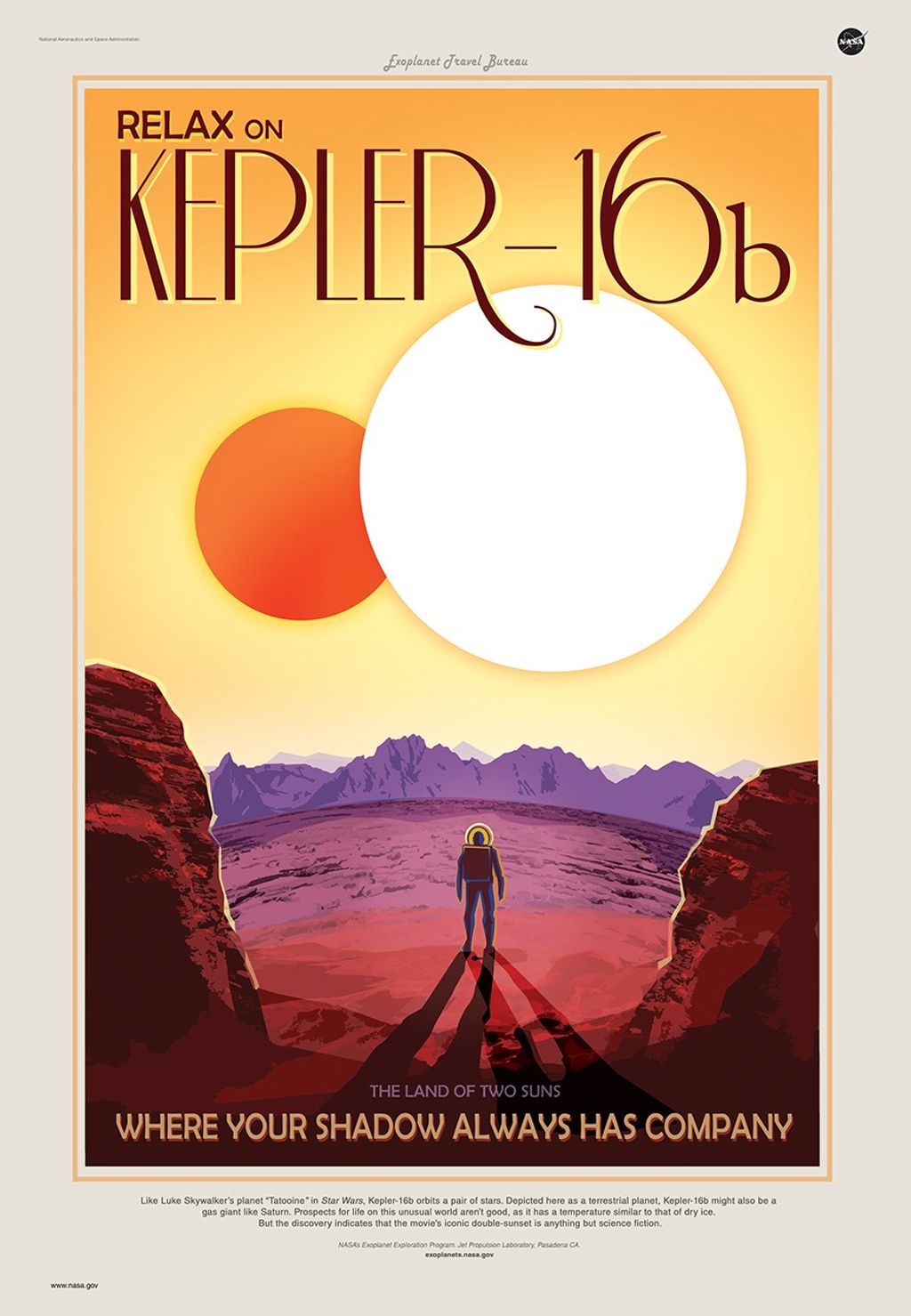Recently Published
Stay up-to-date with the latest content from NASA as we explore the universe and discover more about our home planet.
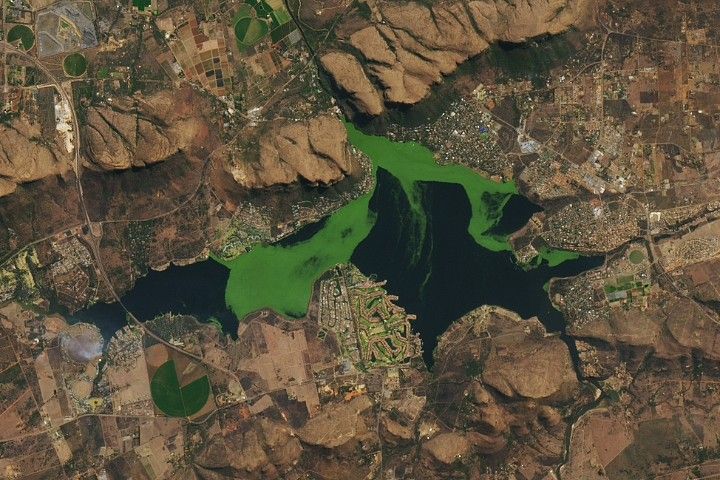
Vivid green blooms form, drift, and fade in Hartbeespoortdam reservoir over the course of a year.
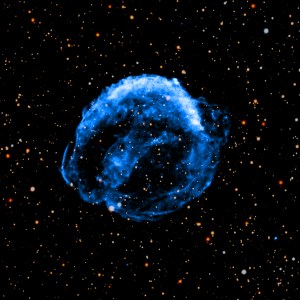
A new video shows the evolution of Kepler’s Supernova Remnant using data from NASA’s Chandra X-ray Observatory captured over more than two and a half decades. Kepler’s Supernova Remnant, named after the German astronomer Johannes Kepler, was first spotted in…

NASA has selected ARES Technical Services Corporation of McLean, Virginia, to provide launch range operations support at the agency’s Wallops Flight Facility in Virginia. The Wallops Range Contract has a total potential value of $339.8 million with a one-year base…
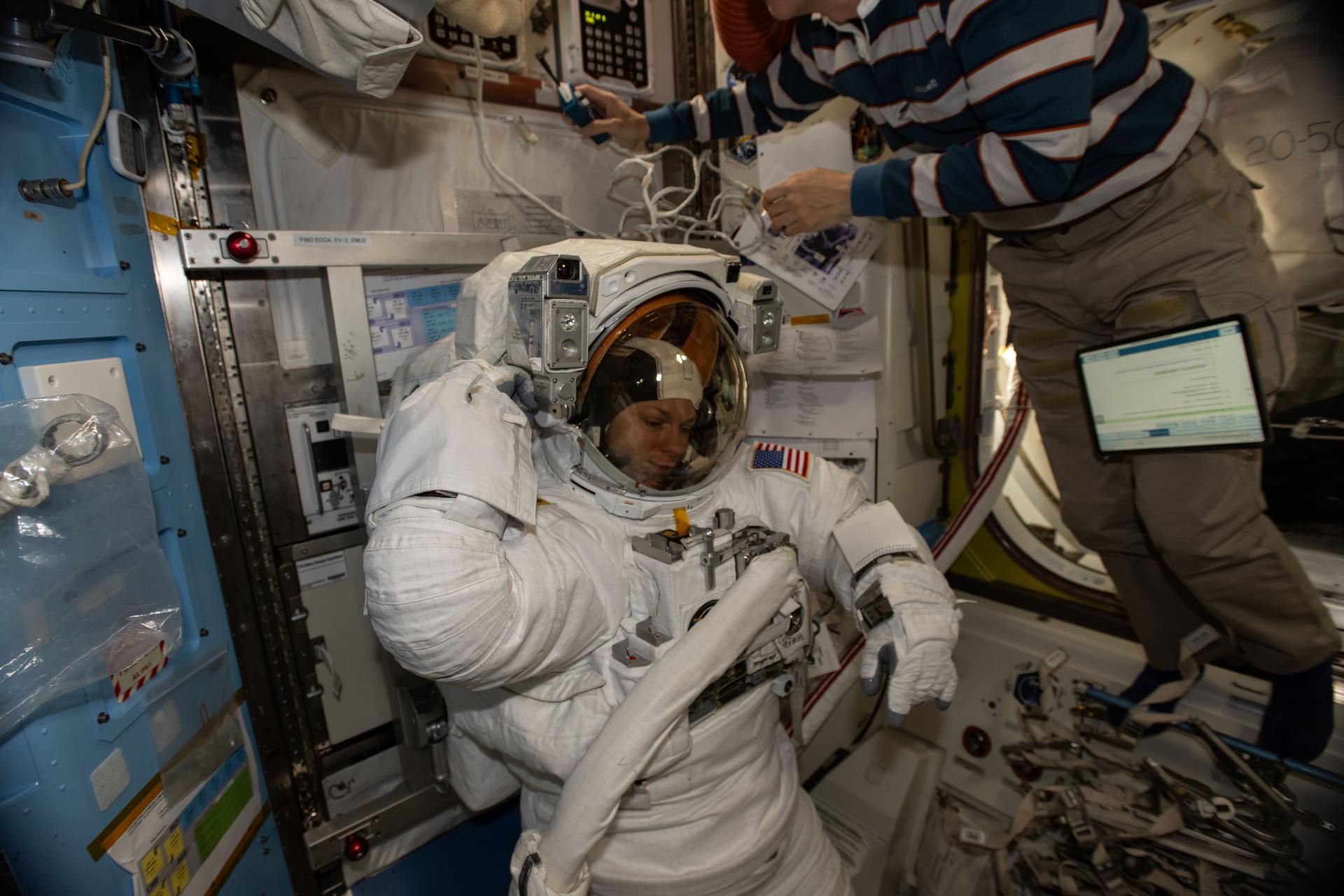
Exercise research and biomedical science promoting healthy humans on and off Earth topped the schedule aboard the International Space Station on Tuesday. Meanwhile, two NASA astronauts are preparing for the year’s first spacewalk, scheduled to begin Thursday.
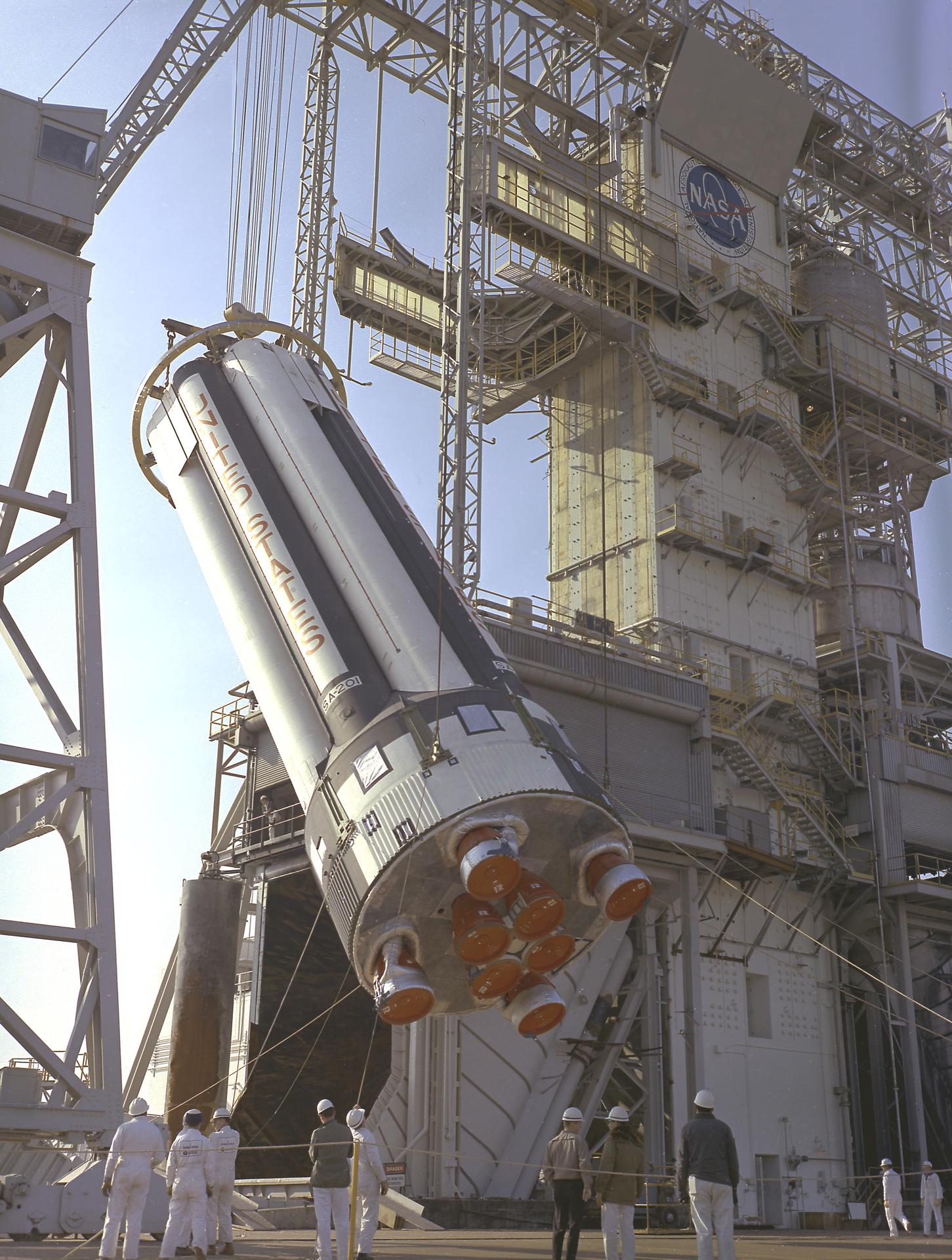
NASA is preparing for the demolition of three iconic structures at the agency’s Marshall Space Flight Center in Huntsville, Alabama. Crews began demolition in mid-December at the Neutral Buoyancy Simulator, a facility built in the late 1960s that once enabled…
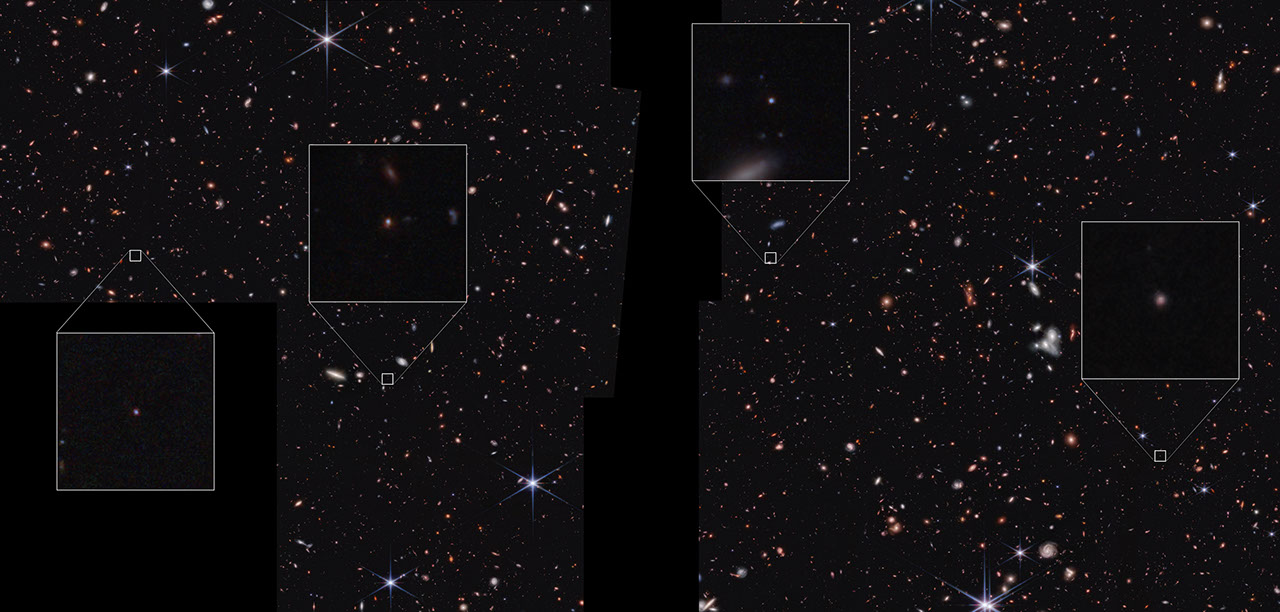
After combing through NASA’s James Webb Space Telescope’s archive of sweeping extragalactic cosmic fields, a small team of astronomers at the University of Missouri says they have identified a sample of galaxies that have a previously unseen combination of features.…
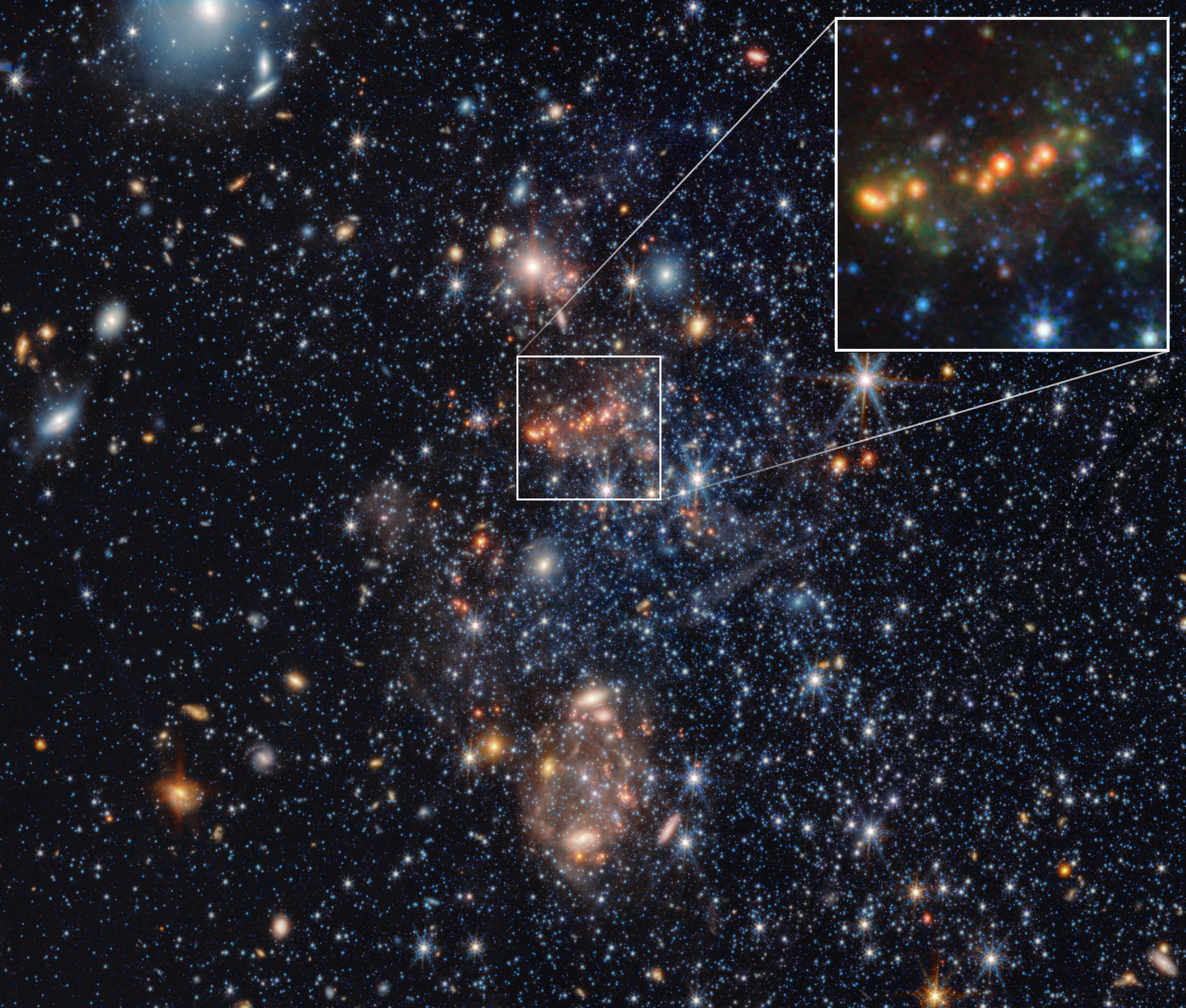
Using NASA’s James Webb Space Telescope, astronomers have spotted two rare kinds of dust in the dwarf galaxy Sextans A, one of the most chemically primitive galaxies near the Milky Way. The finding of metallic iron dust and silicon carbide…
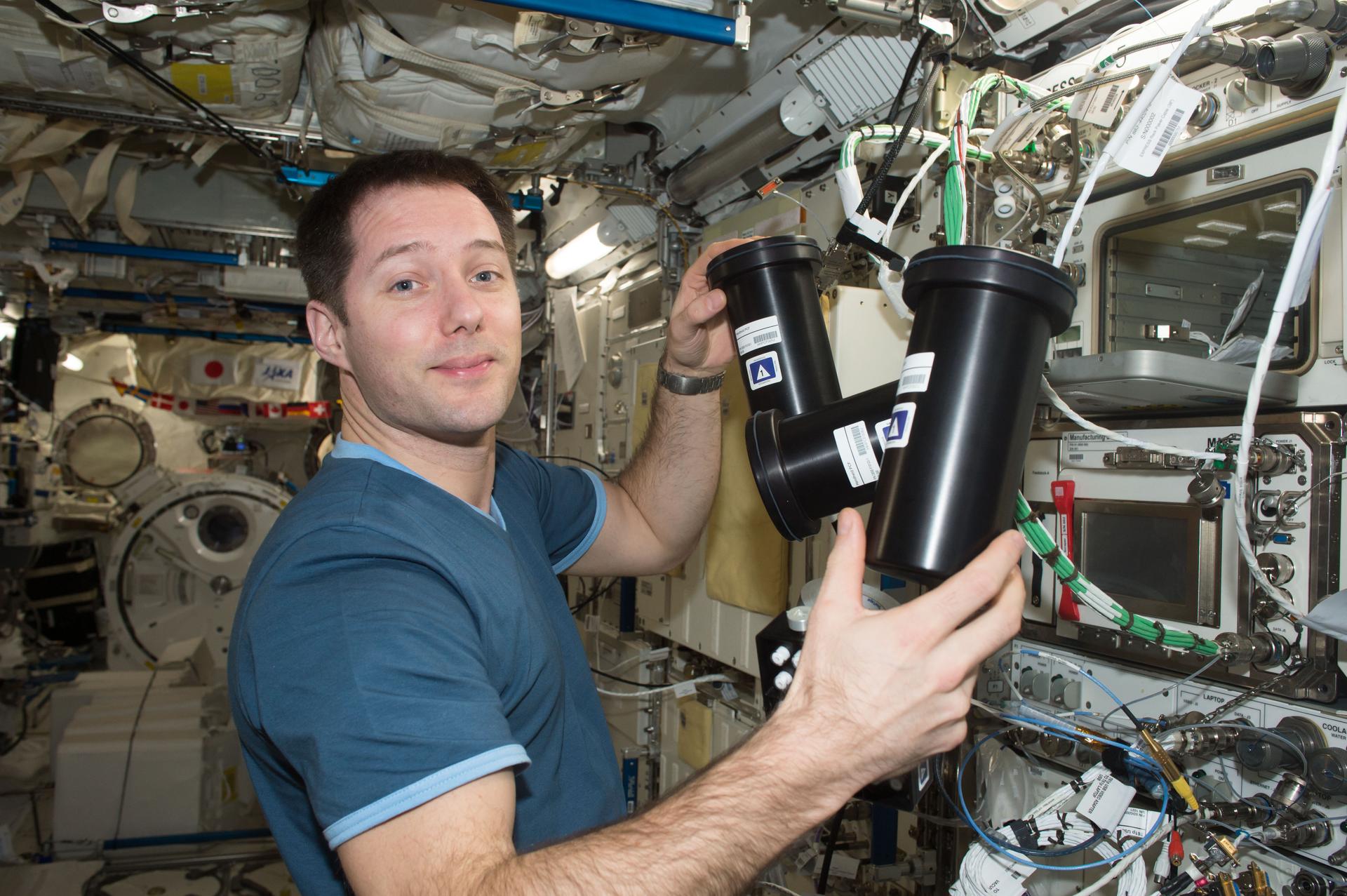
NASA opens the International Space Station for scientists and researchers, inviting them to use the benefits of microgravity for commercial and public research, technology demonstrations, and more. Today, a portion of the crew’s time aboard station is devoted to private…
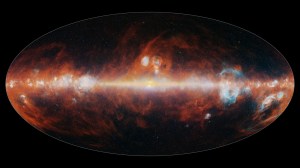
NASA’s SPHEREx Observatory has mapped the entire sky in 102 infrared colors, as seen here in this image released on Dec. 18, 2025. This image features a selection of colors emitted primarily by stars (blue, green, and white), hot hydrogen…
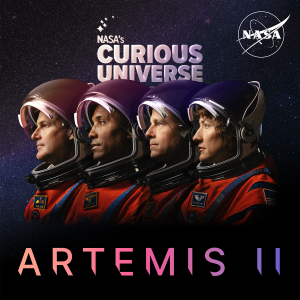
This year, four NASA astronauts are flying around the Moon and back—and Curious Universe is bringing you along for the ride. The mission is called Artemis II. It’s a key test flight that will set the stage for future missions…
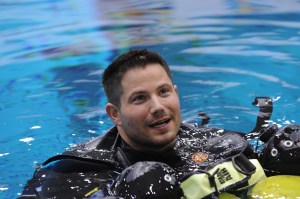
Growing up in Houston, Craig Shannon was always inspired by NASA and the spirit of exploration the agency represents. Yet it was a passion for scuba diving that unexpectedly led to his more than 23-year career at NASA’s Johnson Space…

The Huíla plateau, bounded by dramatic cliffs and chasms, stands above the arid coastal plains in the country’s southwest.
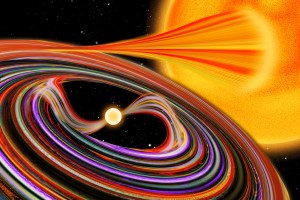
By Michael Allen For the first time, scientists have used NASA’s IXPE (Imaging X-ray Polarization Explorer) to study a white dwarf star. Using IXPE’s unique X-ray polarization capability, astronomers examined a star called the intermediate polar EX Hydrae, unlocking the…

NASA announced Monday the selection of industry proposals to advance technologies for the agency’s Habitable Worlds Observatory concept – the first mission that would directly image Earth-like planets around stars like our Sun and study the chemical composition of their…

Jupiter is at its biggest and brightest all year, the Moon and Saturn pair up, and the Beehive Cluster buzzes into view.
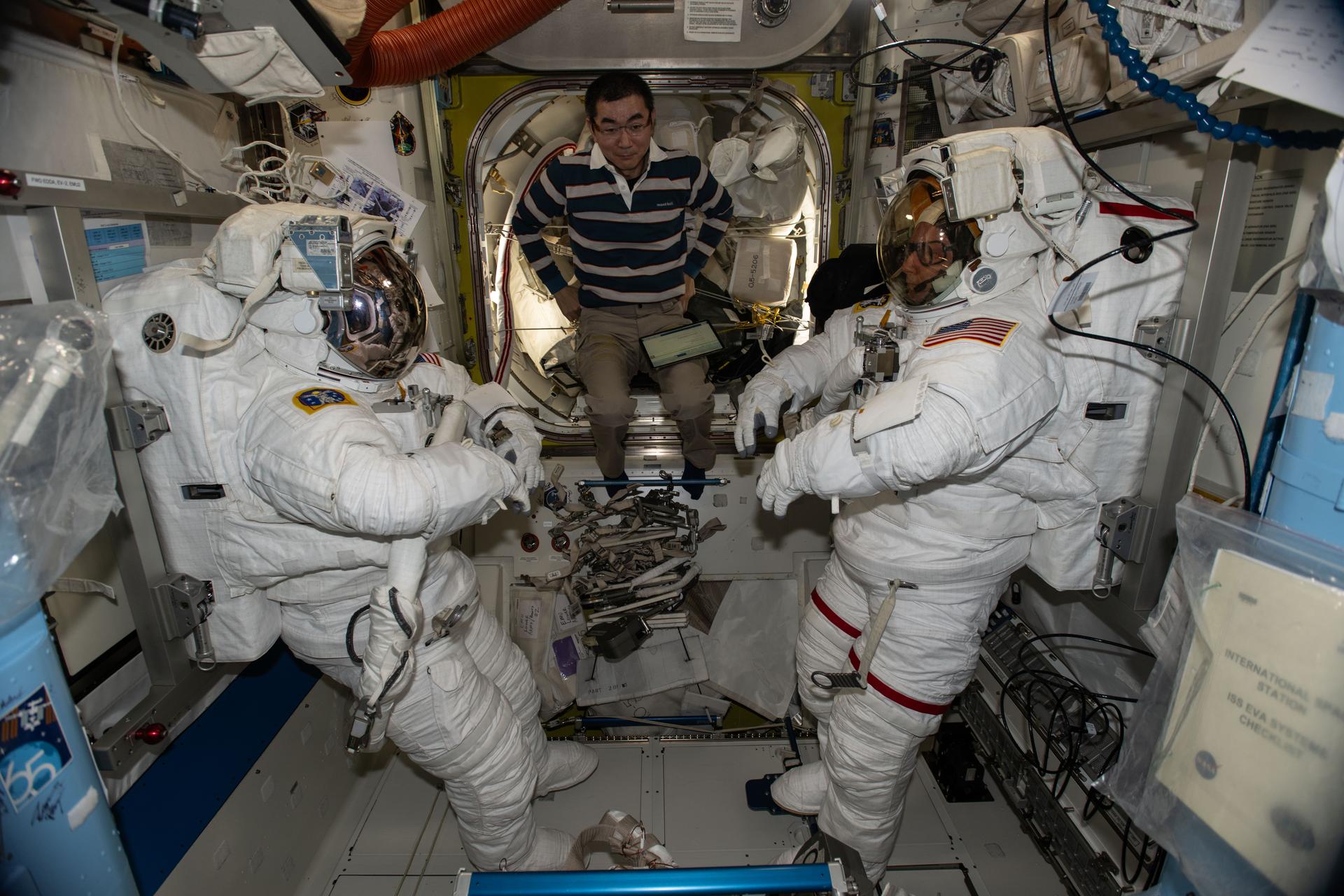
The Expedition 74 crew is gearing up for the first spacewalk of 2026 this week that will see two astronauts prepare the International Space Station for a new set of roll-out solar arrays. The orbital residents also had time on…
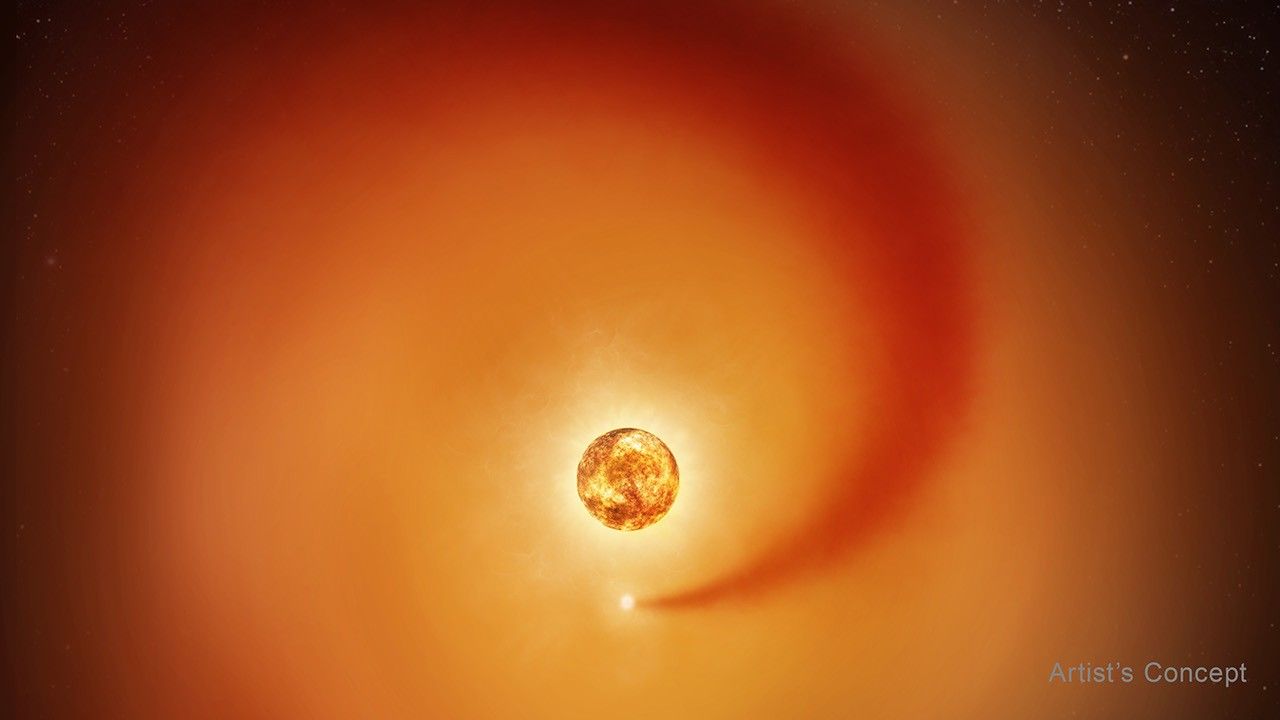
Using new observations from NASA’s Hubble Space Telescope and ground-based observatories, astronomers tracked the influence of a recently discovered companion star, Siwarha, on the gas around Betelgeuse. The research, from scientists at the Center for Astrophysics | Harvard & Smithsonian…
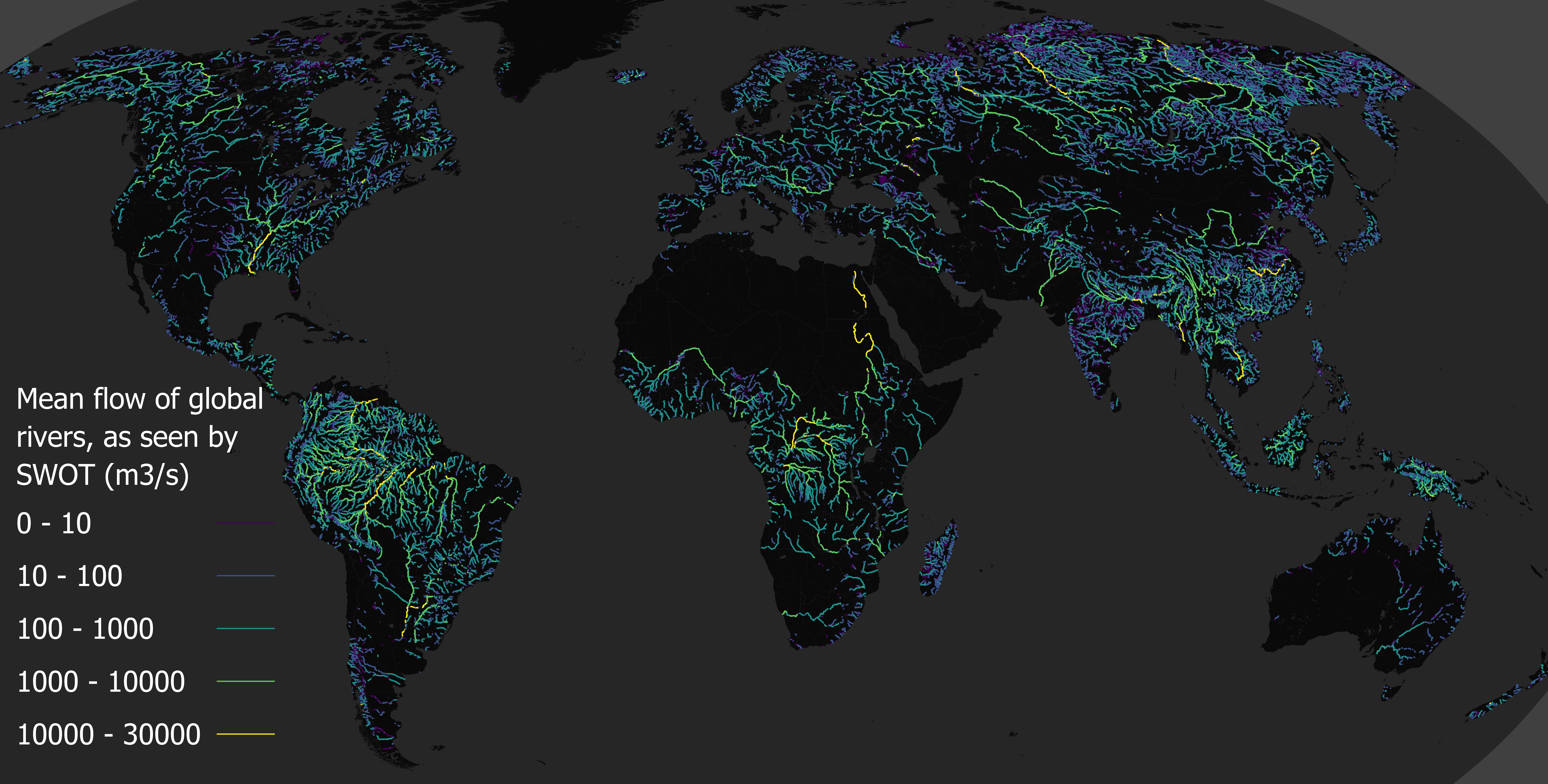
Science teams at NASA and the French space agency CNES (Centre National d’Études Spatiales) have released the first-ever global estimate of river discharge and suspended sediment, as observed from space, marking a new milestone in our ability to understand one…
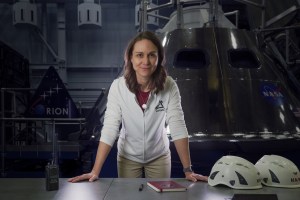
Listen to this audio excerpt from Jacki Mahaffey, Artemis II chief training officer: When the Artemis II crew travels around the Moon aboard the Orion spacecraft, they will have spent countless hours training for their lunar mission, and Jacki Mahaffey…
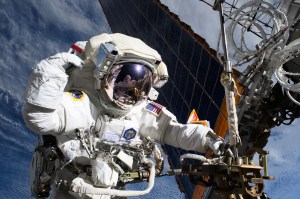
NASA astronauts will conduct two spacewalks Thursday, Jan. 8, and Thursday, Jan. 15, outside the International Space Station, and the agency will provide comprehensive coverage. The first spacewalk is scheduled to begin at 8 a.m. EST on Jan. 8 and…
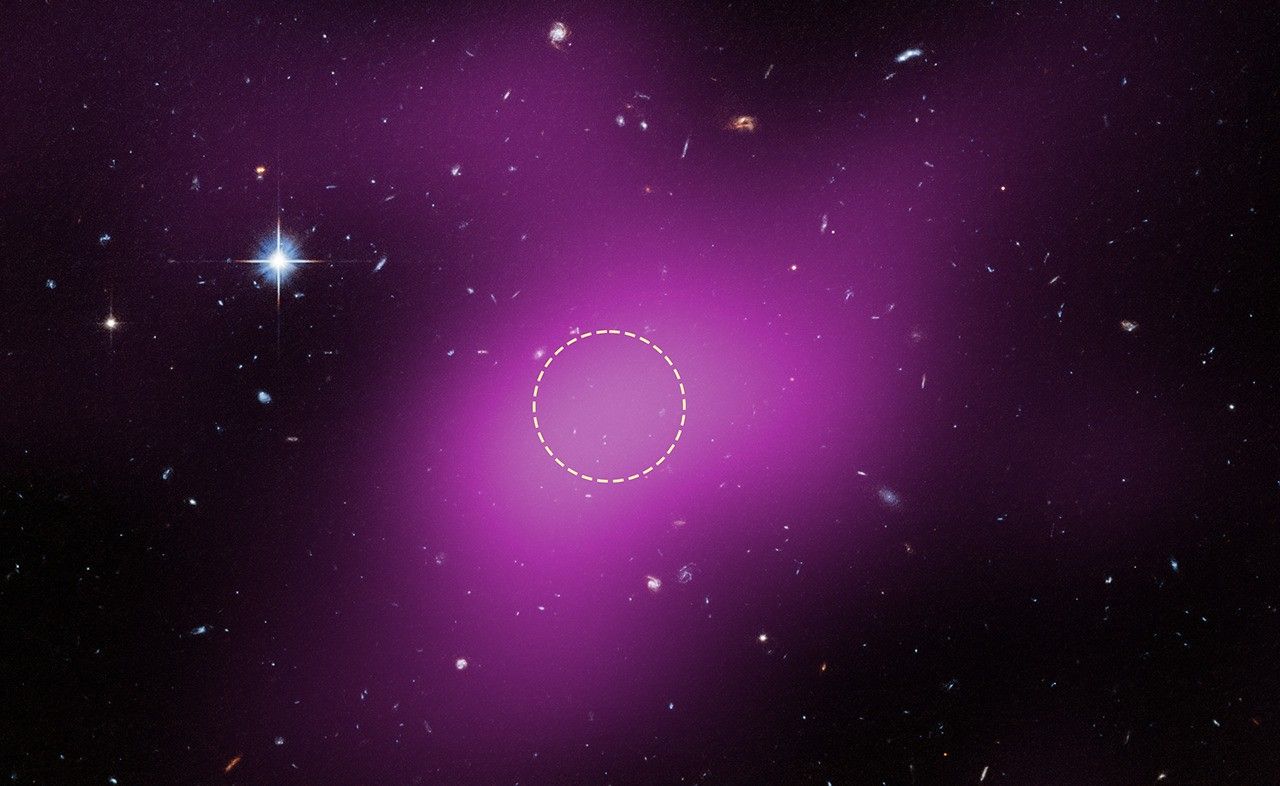
A team using NASA’s Hubble Space Telescope has uncovered a new type of astronomical object — a starless, gas-rich, dark-matter cloud considered a “relic” or remnant of early galaxy formation. Nicknamed “Cloud-9,” this is the first confirmed detection of such…
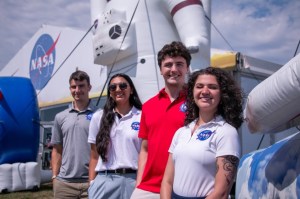
A NASA internship provides a stellar opportunity to launch your future as part of America’s aerospace workforce. NASA interns take on meaningful work and contribute to exciting agency projects with the guidance of a supportive mentor. The agency’s internship program…
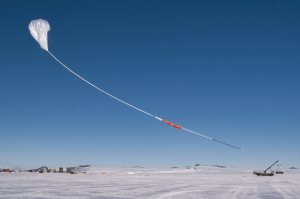
A scientific balloon starts its ascent into the air as it prepares to launch carrying NASA’s Payload for Ultrahigh Energy Observations (PUEO) mission. The mission lifted off from Antarctica at 5:56 a.m. NZST, Saturday, Dec. 20 (11:56 a.m., Friday, Dec.…
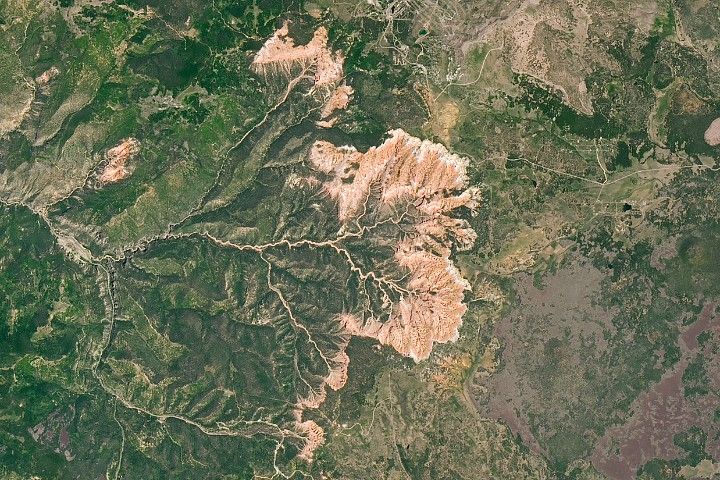
The colorful formations found in this bowl-shaped escarpment in southwestern Utah are the centerpiece of Cedar Breaks National Monument.

A sideways spiral galaxy shines in this NASA/ESA Hubble Space Telescope image. Located about 60 million light-years away in the constellation Virgo (the Maiden), NGC 4388 is a resident of the Virgo galaxy cluster. This enormous cluster of galaxies contains more than…


